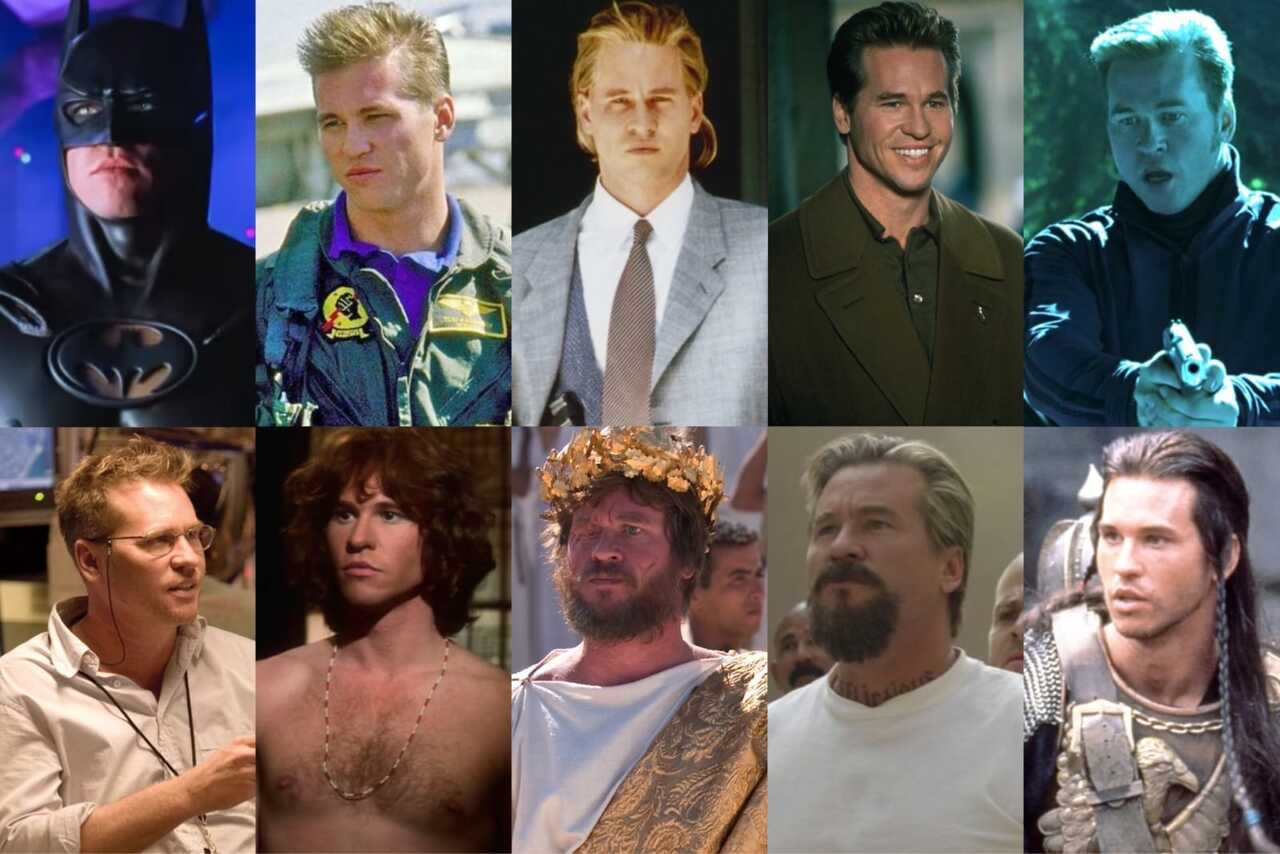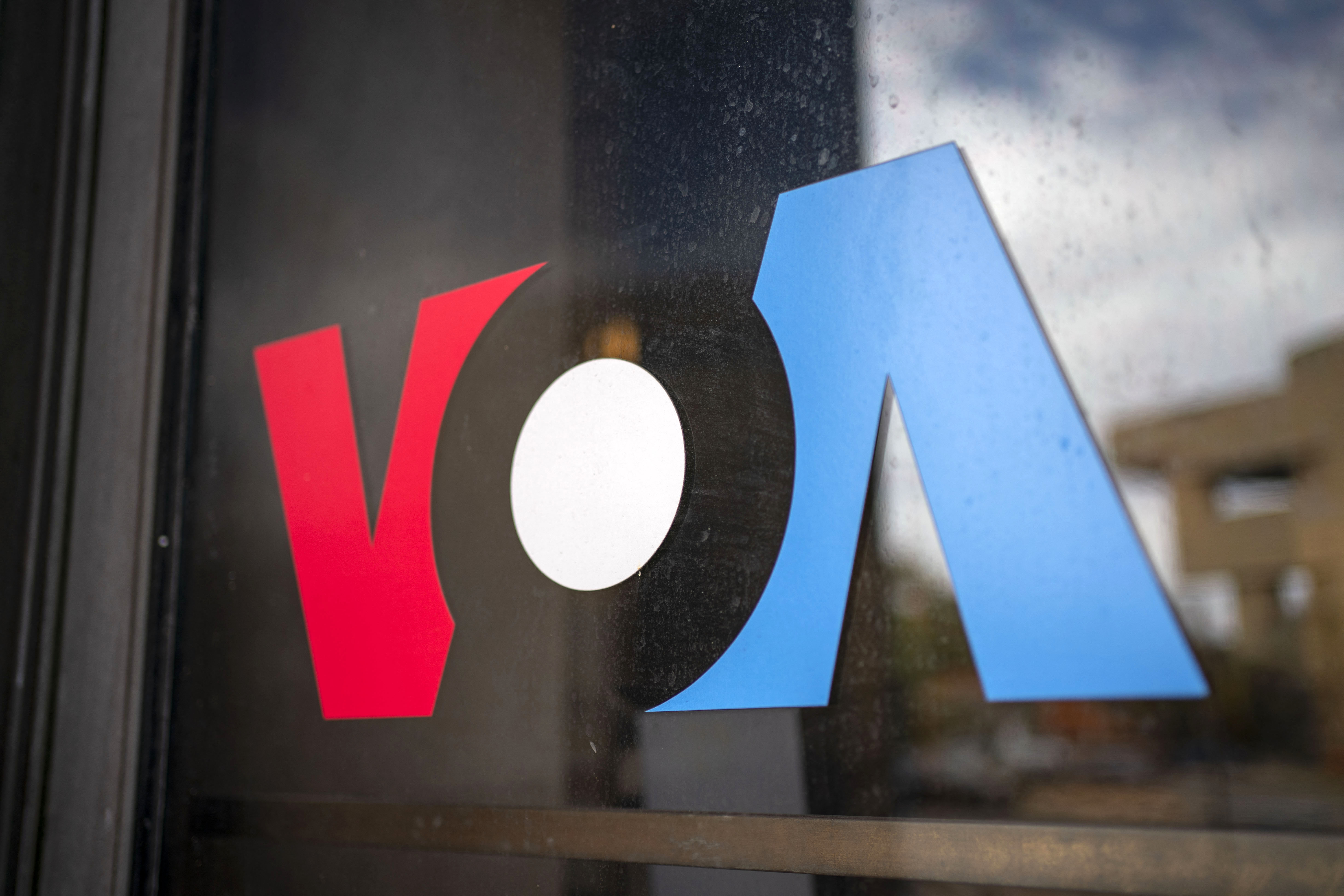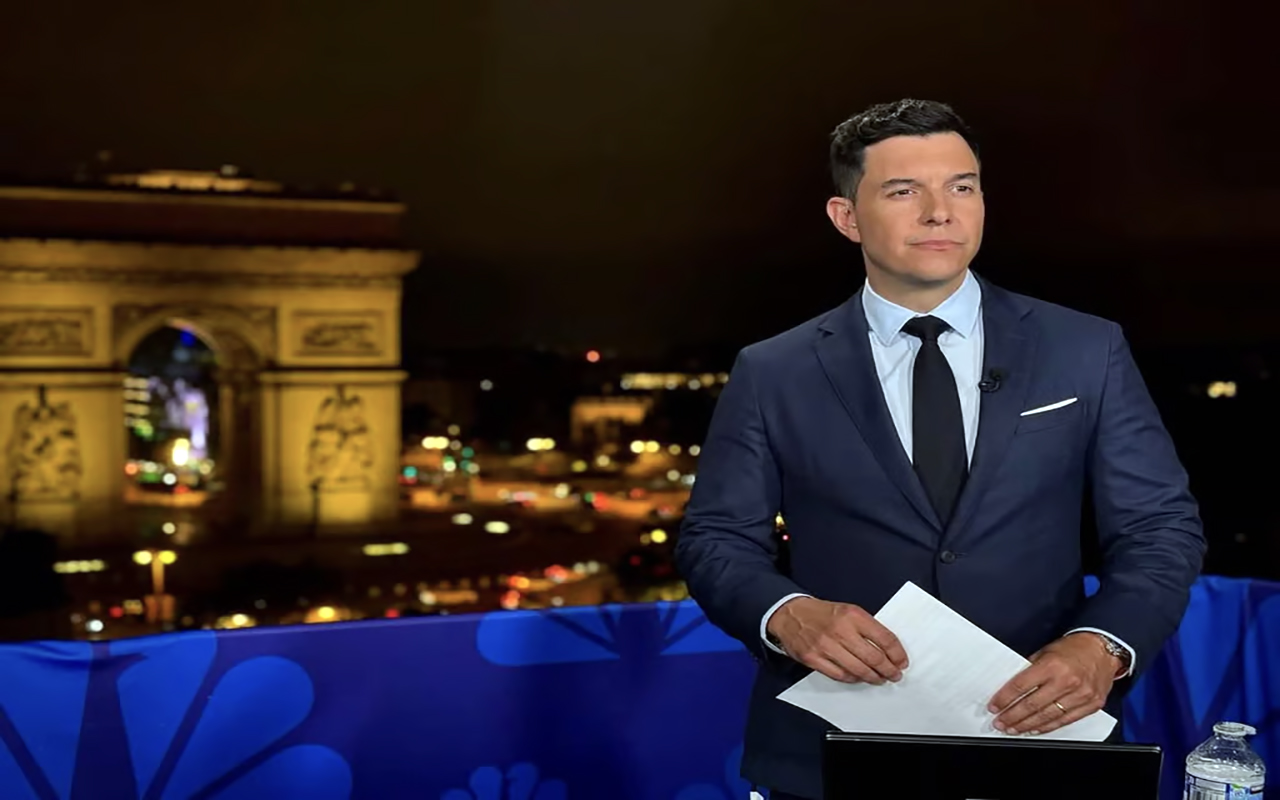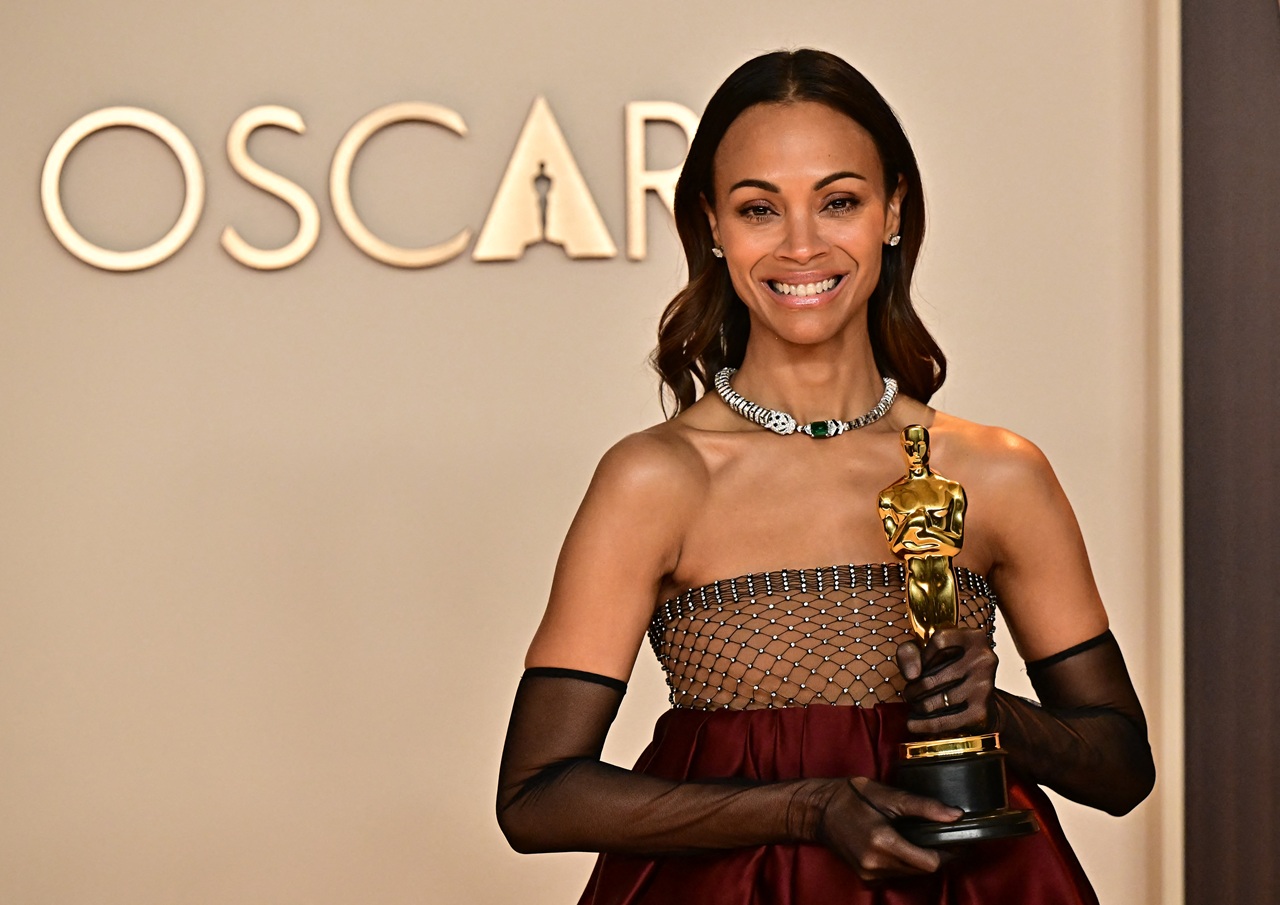
Hollywood: How should Latinx sound in the movies?
A good accent coach is one of the most invisible professions in film, especially if you do it well. Is there racism among the masters of the dialect as well?
The New York Drama Book Shop is the Tower of Babel of accents. There, you can find all the peculiarities of pronunciation, rhythm and intonation that an actor needs to play a character without falling into the increasingly uncommon — but terrible when it happens — mistake of representing a Puerto Rican from the Bronx as if he were a Cuban from Miami, or even a Cuban from Cuba as a Spaniard. Horrible!
Most accent coaches, a profession that if done right, is invisible, and if done wrong can end a movie, are white.
This should not come as a surprise if you consider the way a dialect master gets a job, still through word-of-mouth and without a union. Moreover, it is a relatively new profession that only began after 1970. Before that, the peculiarities of speech were left to the choice of directors, producers or screenwriters — most of whom were also white.
According to the NYT, echoing the new but timid air of diversity in the industry and particularly in the accent coaching profession, 95% of jobs for these professionals are offered to white people, regardless of the character's ethnicity.
"These linguistic misrepresentations ended up codifying stereotypes. The mistakes were repeated over and over again and then the writers accepted them as a gospel," coach, actress and acting teacher Cynthia Santos DeCure told NYT. If you think about it, something as simple as the way a person sounds according to their nationality can lead to all sorts of jokes and even exclusion.
DeCure was raised in Puerto Rico and is the first person of color to be certified in Knight Thompson Speechwork, a program that takes ethnicity and pronunciation into account.
"Most Latino families on television are trained by white coaches."
When DeCure began her career, she did so in the style of Edith Skinner, a teacher who was heavily criticized for suppressing migrant speech patterns. Skinner's teacher was the phonetician, William Tilly, who in the 1920s, was widely followed by New York City public school teachers and other voice instructors who sought to eliminate "the signs of social inferiority" from English spoken by newcomers.
RELATED CONTENT
At the time, class and nationality marks had to be erased from speech so everyone would sound like a "good American," and the book that Skinner wrote about it is still used in college and in the country's theater programs.
But Cynthia DeCure goes a little further and points out that while U.S.-born, white actors ask for accent training by contract when they must play an Irish or Australian character, non-white actors are still selected for a role because of their physical features. They are alone in the danger of error: a Dominican who plays a Mexican, or a Chilean who plays a Jamaican has no help when working on their accent.
"Until we can offer the same attention to all linguistic identities and a myriad of accents, we will continue to erase the humanity of these stories and characters," concluded DeCure.
A similar opinion is expressed by Angelina accent coach Claudia de Vasco, who has been trying to make her way in a profession where Latinx accent coaches, like herself, have many difficulties.
There was a time when accent coaches tried to erase the signs of the characters' nationality.
While a white American can teach a Mexican's speech to an actor, the producers doubted, Vasco says, that she would be able to help someone practice a "real" American accent — even though Claudia was born in the United States.
"Most Latino families on TV are trained by white coaches," says De Vasco. "On the one hand, a coach must be able to train anyone who is capable of doing so. But if we're really trying to deal with racism in this industry, then it's fair to say that whoever coaches people of color plays a big role in how those people are represented."
There are new, if timid, airs and graces in Hollywood. The effort for diversity in film is noticeable and real, but seemingly subtle issues such as speech, which are at the heart of one's identity, are still minor.











LEAVE A COMMENT: